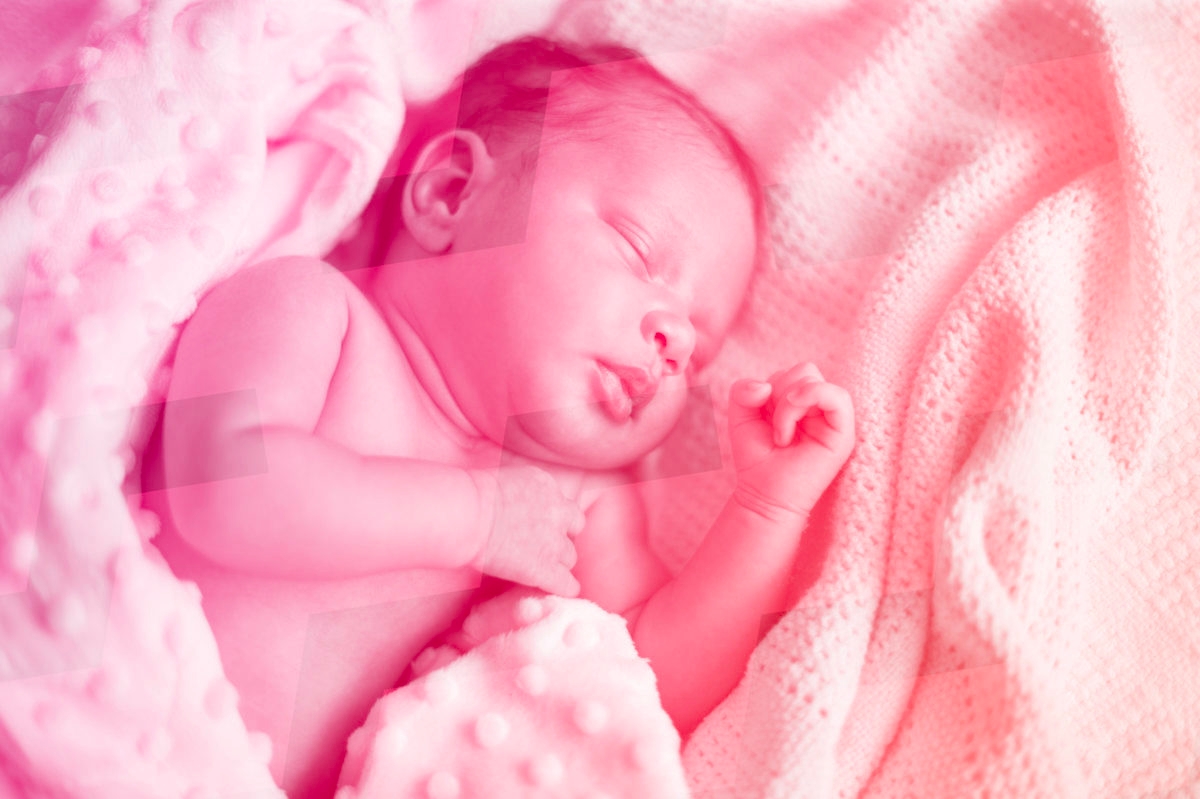When I was pregnant with our first son, my (non-Jewish) husband wanted to name the baby after himself. His brother is a Junior, and it’s a family tradition. I told him that Jews don’t name after the living.
When I was pregnant with our daughter, my husband wanted to name her after his grandmother, Rose, who was, in fact, as he pointed out, feeling proud of himself for remembering the rules, dead. But I didn’t like the name. We were discussing this with my father, who suggested, “How about Rachel or Rebecca?”
My husband looked at me queerly and pointed out the obvious, “Those are totally different names.”
Which is when I explained to him that if Jews used the same first letter, it was still considered naming after the person. (I am Alina, after my grandfather, Abraham.)
Are there actually Jewish baby-naming rules? And, if so, are they the same for Jews all over the world? Spoiler alert: kind of.
So let’s explore, shall we?
1. Ashkenazi Naming Practices
Ashkenazi Jews traditionally name children after relatives who’ve passed on as a way to keep the memory alive and to inspire the namesake to live up to their predecessor’s better qualities. (If said predecessor didn’t have better qualities, why are you naming your baby after them?)
2. Sephardic Naming Practices
Sephardic Jews, on the other hand, seek to achieve the same objective by naming after a living relative.
3. Torah Naming Practices
Both Ashkenazic and Sephardic Jews sometimes pick a name from the Torah portion that corresponds with the infant’s birth, or by the literal meaning of a moniker if it embodies a noble or aspirational quality.
4. Assimilated Naming Practices
One of the reasons Jewish parents were historically urged to give their children culturally appropriate names was to stave off the threat of assimilation. Of course, considering that, according to the Social Security database, among the top 10 2015 American baby names for boys were Noah (#1), Jacob (#4), Ethan (#6), Michael (#9), and Benjamin (#10), the question becomes… who assimilated whom? (For girls, only the Jewish Abigail breaks the top 10 at #7. Emma is #1, and though often used by Jews, is technically not a Jewish name.)
5. Naming Ceremony Practices
Many observant Jews won’t announce a baby’s Hebrew name until the boy’s bris on the eighth day, or a girl’s naming ceremony at the first opportunity when the Torah is read with a minyan. This tradition is tied to the idea that a boy does not fully receive his soul until the bris, and thus cannot be properly named until that happens.
6. Hebrew Name Practices
A child’s Hebrew name, which may match the English name exactly (for instance, my oldest is named Adam, which works across the board), or partially (my daughter is Aries Camille, which combines to form the Hebrew Ariel), or not at all (my middle son’s English name is Gregory and his Hebrew one is Barak), will formally be structured as the child’s name followed by “bar” or “bat” the father’s name.
Though most will choose a Hebrew or Yiddish name, it technically can be from any language or culture. (So Dylan is back on the table!) This is the name the child will be called at their bar/bat mitzvah and other formal religious occasions. As well as possibly in Hebrew School. (And, at my house, to comment on the uncanny physical resemblance between a certain child and a certain US president.)
7. Non-Jewish Parent Name Practices
A glitch does come up if the child receiving their Hebrew name has a non-Jewish father. In that case, they are listed as (Name) ben/bat (Jewish Mother’s Name). Though, according to a rabbi I consulted, some officiants are choosing to list is as (Name) ben/bat (Jewish Mother’s Name) and (Non-Jewish Father’s Name), in the interest of being inclusive and welcoming.
So, even in this case, what seems to be a rule becomes more of a flexible suggestion.
Which, in a world of the cliché “two Jews, three opinions,” is probably the safest path to take.
Read More:
Facing Anxiety as a Mother, Wife & Woman
I Worried About My Son’s Daycare…For the Wrong Reason
I Thought I Was Just an Anxious Jewish Mom, Until I Started Anti-Depressants








